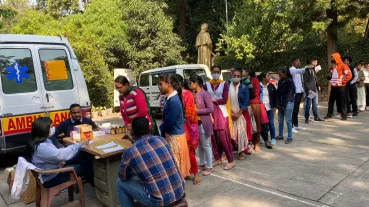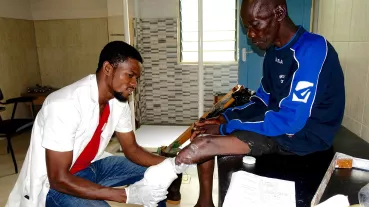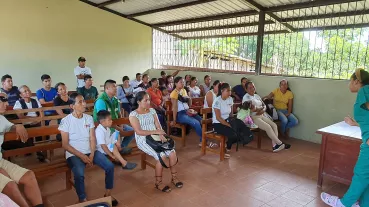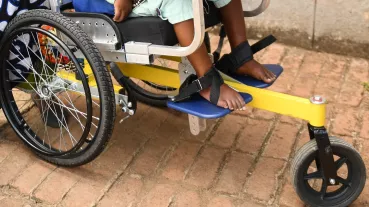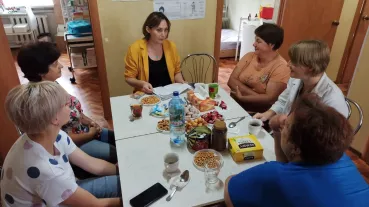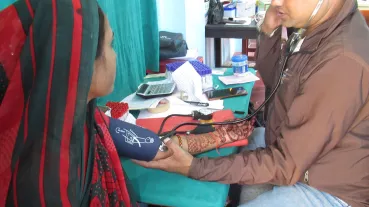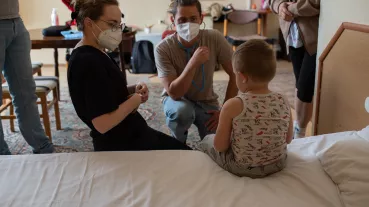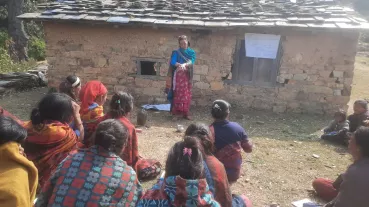Nurses upgrading program
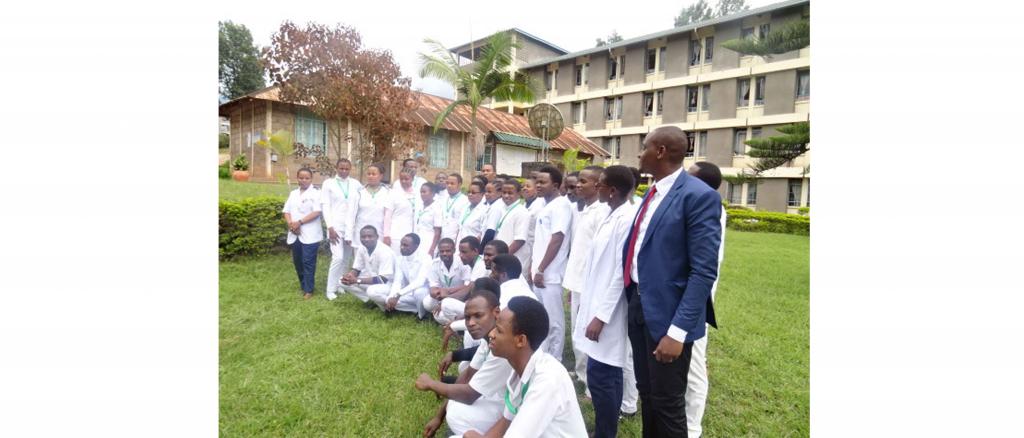
Situation:
Tanzania grows by about 1.5 million people every year and ranks among the 30 poorest countries in the world. There is a glaring shortage of medical personnel. Health care is provided primarily in rural areas by trained nurses. Despite this shortage, there are unemployed nurses because they cannot afford to pay for the final stage of the fee-based training. This last stage is necessary for them to be allowed to treat patients in hospital wards without medical supervision.
Tanzania has been free of armed conflict for over 40 years and has been fighting corruption on a massive scale for the last 5 years. This has had a positive effect on the government's revenue. Economic output is growing in tandem with this. This is good, but it is late. The growth of the population has washed out the effect of these efforts. The country will need financial help along this path for the foreseeable future.
Objectives:
Improvement of medical care for the poor and rural population.
- The number of nurses who become unemployed after the upgrade.
- The number of nurses who are still employed in the third year after the start of the project.
- The number of nurses who are still employed in rural dispensaries in the third year after the start of the project.
- The diocese selects 80 scholarship holders who come from poor backgrounds and already have a level 5 qualification. The funds from the EKFS will enable them to complete the one-year Level 6 training.
- The diocese is committed to hiring the graduates and placing them in their dispensaries and wards.
80 employed level-6 nurses, each of whom can see and treat about 20 patients in 250 working days, means 400,000 additional examinations per year. The beneficiaries are residents of rural regions. The pressure on them to migrate will decrease significantly due to the medical care that is now available.
- The problem cannot be derived from the usual, official statistics. It is hidden unemployment, the existence of which has been pointed out to us by our Tanzanian partners.
- The project is designed to demonstrate that, with relatively modest resources, it is possible to achieve significant improvements in medical care by
- contractually binding the protagonists, in this case the operators of the health stations, the training institution, level 5 nurses.
- finding a regional bracket (here: the catchment area of the diocese) within which the measure can be controlled in a concerted manner and thus have a concentrated effect.
Here you can find furter information.
